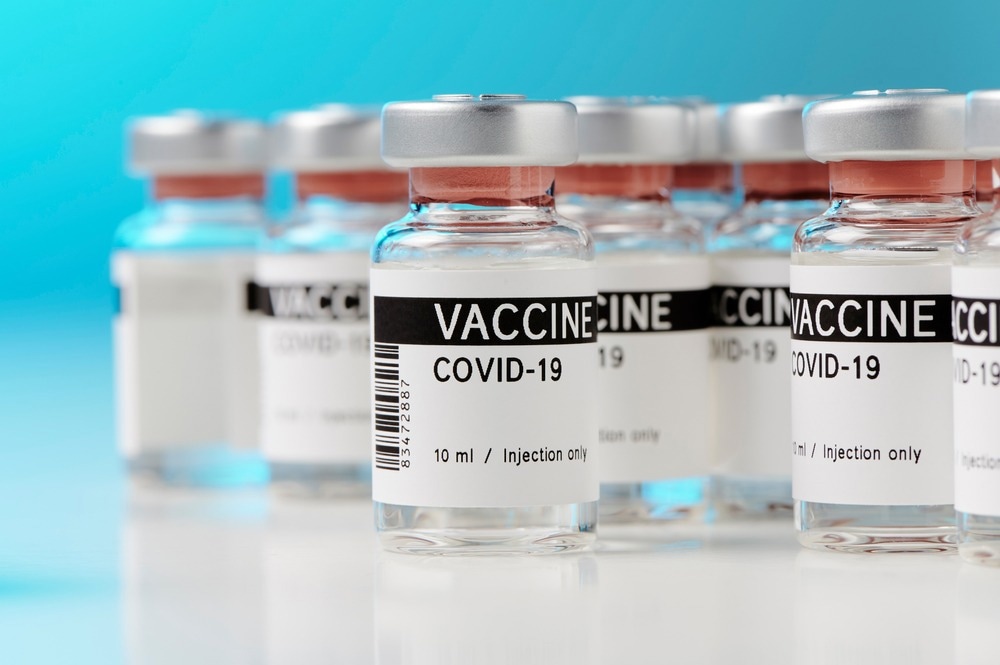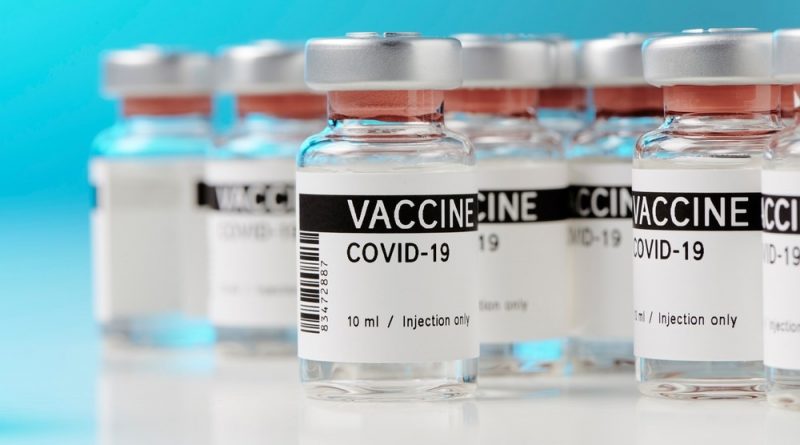phentermine 35.5 mg
A study published in Cell Reports Medicine describes that coronavirus disease 2019 (COVID-19) vaccines induce strong T cell response in blood cancer patients, irrespective of antibody response and B cell numbers.

Background
Patients with blood cancers and those undergoing hematopoietic stem cell transplantation and chimeric antigen receptor therapy are at higher risk of developing severe COVID-19 compared to healthy individuals. These immunocompromised patients also experience significantly higher mortality rate due to severe COVID-19.
Regarding protective immunity, studies have shown that immunocompromised patients develop a low antibody response against severe acute respiratory syndrome coronavirus 2 (SARS-CoV-2) in response to COVID-19 vaccination.
In contrast, a robust SARS-CoV-2 spike-specific T-cell response has been observed in blood cancer patients hospitalized with COVID-19. Such robust cellular immune response has been found to associate with better disease prognosis. However, the effect of three-dose COVID-19 vaccination on cellular immunity in these patients remains uncertain.
In the current study, levonorgestrel 0.75 mg tablets scientists have evaluated the dynamics of COVID-19 vaccine-induced immune responses in patients with blood diseases and treatments intended to impair B-cell immunity.
Study design
The study was conducted on a total of 95 blood cancer patients who did not have a history of SARS-CoV-2 infection. A group of 58 healthy individuals without previous SARS-CoV-2 infection were also included as controls. The participants had received three doses of the mRNA-based or adenovirus vector-based COVID-19 vaccines.
Humoral and cellular immune responses to both vaccines were analyzed in the study. Breakthrough SARS-CoV-2 infection was detected in 12 patients and eight healthy individuals during the study period.
Humoral immune responses in vaccinated patients
The analysis of spike receptor binding domain (RBD)-specific antibody responses in patients revealed a low seropositivity after the first vaccine dose, which gradually increased after the second and third doses. About 85% of the patients exhibited seropositivity one month after the third dose, which remained stable for 3 – 4 months.
In contrast, 100% seropositivity was observed among healthy individuals after the second and third doses. These findings indicate that a small percentage of patients fail to develop robust antibody responses even after three-dose vaccination.
Drug Discovery eBook

A significantly lower memory spike-specific B cell response was observed in patients compared to that in healthy individuals. A reduced number of B cells was also observed in patients.
Overall, the findings revealed that vaccinated patients with blood cancers develop lower antibody and B cell responses than vaccinated healthy individuals, probably because of their disease states and immunosuppressive treatments.
Cellular immune responses in vaccinated patients
Whole blood staining was conducted on a group of 30 patients to determine transient acute responses toward first, second, and third vaccination.
In response to vaccination, healthy individuals exhibited prototypical antibody-secreting cells (ASCs) and T-follicular helper (Tfh) responses. In contrast, prolonged ASCs and skewed Tfh2/17 responses were observed in patients with blood cancers.
Notably, a robust expansion of spike-specific and peptide-human leukocyte antigen (HLA) tetramer-specific CD4+ /CD8+ T-cells, as well as T cell receptor (TCR) repertoires, was observed in patients in response to COVID-19 vaccination. This response was irrespective of B cell numbers observed in patients and was comparable to that observed in vaccinated healthy individuals.
Further analysis revealed that blood cancer patients develop robust SARS-CoV-2-specific T-cell responses with common TCRαβ motifs in response to COVID-19 vaccination.
Immune responses to breakthrough infections
Blood cancer patients with breakthrough SARS-CoV-2 infection showed higher anti-spike RBD antibody response than those without infection. However, a comparable spike-specific T-cell response was observed in patients and healthy individuals with and without breakthrough infections.
Study significance
The study provides a detailed understanding of the dynamics of humoral and cellular immunity in response to COVID-19 vaccination in patients with blood cancers and those undergoing treatments meant to impair B cell functions.
Understanding vaccine efficacy in immunocompromised patients is particularly important for preventing severe COVID-19 and related mortality in this high-risk group.
As mentioned by Dr. Oanh Nguyen, Senior Research Fellow at the Doherty Institute and co-lead author of the paper, “this group is at high risk of viral infectious diseases, such as influenza and SARS-CoV-2, and yet they are not always included in pre-clinical trials that test vaccine efficacy”.
Dr. Nguyen further stated, “our study shows that they highly benefit from receiving three doses of vaccination. The vaccines boost their levels of T cells, the white blood cells that kill viral infected cells, irrespective of the patient’s B-cell numbers and antibody response.”
Professor Katherine Kedzierska, a Laboratory Head at the Doherty Institute, said, “clinicians can be confident that it is safe and beneficial for their patients, who are heavily immunocompromised and vulnerable to severe COVID-19 infection, to receive vaccination against SARS-CoV-2. Regardless of their diseases and treatments, COVID-19 vaccination generates strong T cell immunity in this group.”
- Nguyen THO. 2023. Robust SARS-CoV-2 T cell responses with common TCRαβ motifs towards COVID-19 vaccines in hematological malignancy patients impacting B cell immunity. Cell Reports Medicine. https://www.cell.com/cell-reports-medicine/pdf/S2666-3791(23)00127-1.pdf
Posted in: Medical Science News | Medical Research News | Disease/Infection News
Tags: Adenovirus, Antibody, Antigen, B Cell, Blood, Blood Cancer, Cancer, CD4, Cell, Chimeric Antigen Receptor, Coronavirus, Coronavirus Disease COVID-19, covid-19, Efficacy, Hematology, Human Leukocyte Antigen, Immune Response, immunity, Infectious Diseases, Influenza, Laboratory, Leukocyte, Medicine, Mortality, Receptor, Research, Respiratory, SARS, SARS-CoV-2, Severe Acute Respiratory, Severe Acute Respiratory Syndrome, Syndrome, T-Cell, Vaccine

Written by
Dr. Sanchari Sinha Dutta
Dr. Sanchari Sinha Dutta is a science communicator who believes in spreading the power of science in every corner of the world. She has a Bachelor of Science (B.Sc.) degree and a Master's of Science (M.Sc.) in biology and human physiology. Following her Master's degree, Sanchari went on to study a Ph.D. in human physiology. She has authored more than 10 original research articles, all of which have been published in world renowned international journals.
Source: Read Full Article
